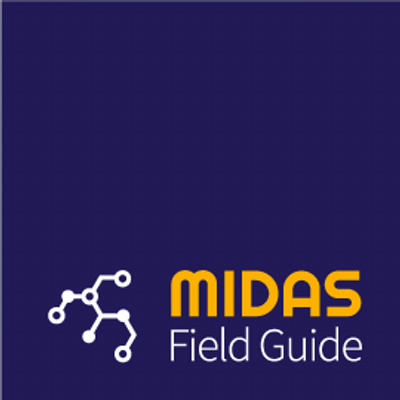

Exploring wastewater microbiome
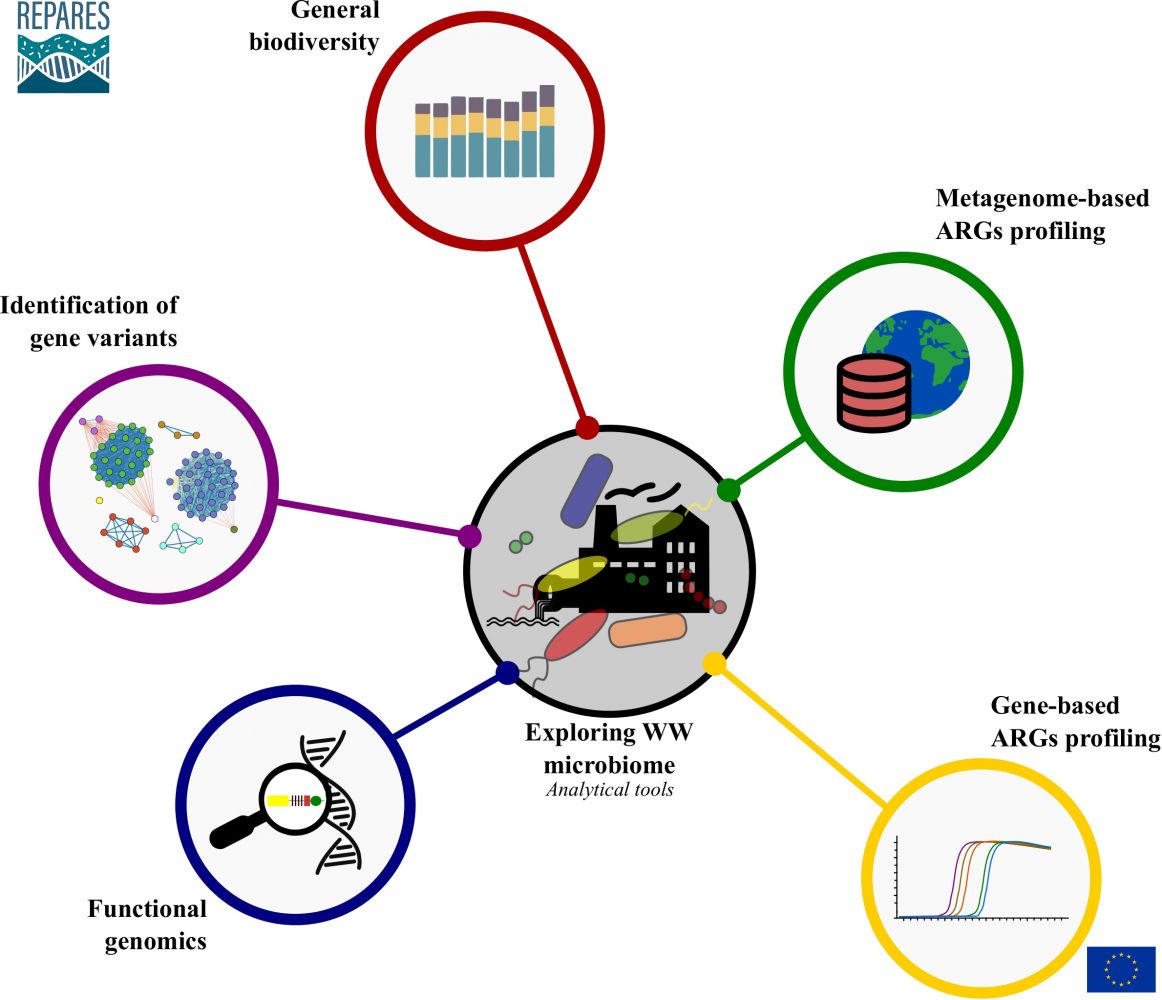
General biodiversity
|
 |
General biodiversity of the particular microbiome mostly refers to the taxonomic classification of microbes present in a given sample. For this purpose, molecular markers are used. The most common is the 16S rRNA gene, which may be used for specific taxonomic assignments. Data concerning taxonomic diversity may be retrieved from the whole metagenome sequencing projects or specifically targeted metabarcoding approaches. The latter is very common nowadays as it is a cost-effective screening procedure and several analytical tools, e.g., Qiime, are freely available and quite easy to apply. |
Metagenome-based ARGs profiling
|
| Shotgun metagenomic data give us a broad knowledge of taxonomic structure, metabolic pathways, and other microbiome features. However, sometimes we need precise information, e.g., concerning the presence of ARGs. Retrieving this data usually needs expert knowledge and involves using specific databases, e.g., CARD database. Only by comparing metagenome-retrieved, predicted genes with such databases and applying specific (strict) thresholds one may predict the function of genes and identify them as ARGs. |
 |
Gene-based targeted ARGs profiling
|
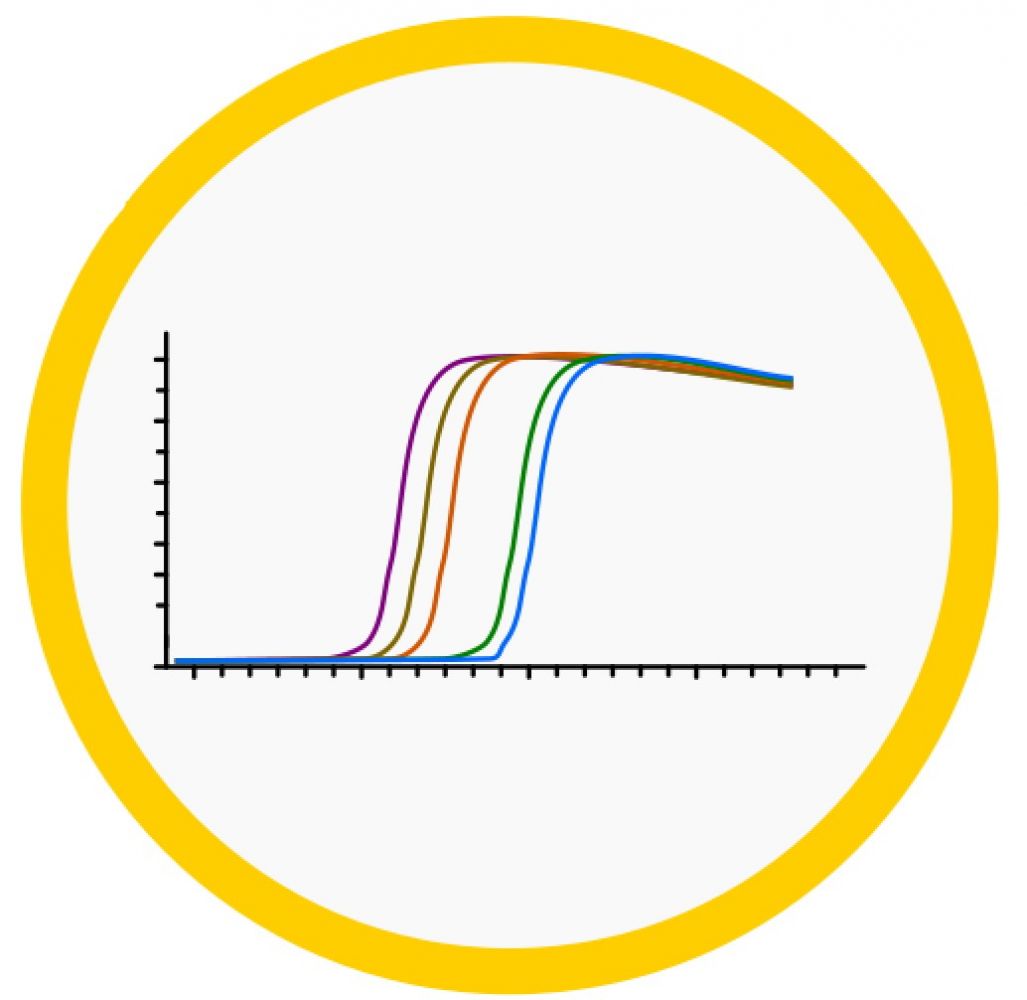 |
For the identification of ARGs, researchers may apply various targeted approaches. These are mostly PCR-based techniques. A literature-based, manually-curated database of PCR primers (LCPDb) for the detection of antibiotic resistance genes that our team members produced contains hundreds of PCR primer pairs designed to amplify various genes conferring resistance to antibiotics. We assigned three parameters for each primer pair: specificity (S), efficacy (E), and taxonomic efficacy (TE). These parameters were evaluated using a novel bioinformatic tool – UniPriVal – used to validate each primer pair against various reference databases. Then, we ranked primer pairs specific for each gene based on their model success metric (MSM) value. Despite this limitation, the internal validation system of the LCPDb application enables the quantified ranking of PCR primer pairs, which assists the selection of the best primers for each application. |
Functional (meta)genomics
|
| In the last decade, the costs of DNA sequencing have significantly decreased, and the time of such analysis was significantly shortened. A huge number of available DNA sequences (including genomes and metagenomes) resulted in the development of various tools for (meta)genomes annotation. One can perform automatic annotation with various pipelines, however manual curation of the results of such annotation is still necessary to obtain reliable and strictly validated data. Unfortunately, due to its time-consuming nature, manual annotation is now rarely used. Several bioinformatics tools can be used for manual annotation of bacteria genomes. Here we present our novel invention – MAISEN. MAISEN is a free, web-based tool designed to accelerate manual annotation using a simple interface and precomputed alignments for each predicted feature. It was designed to be available for every user (also non-experts). |
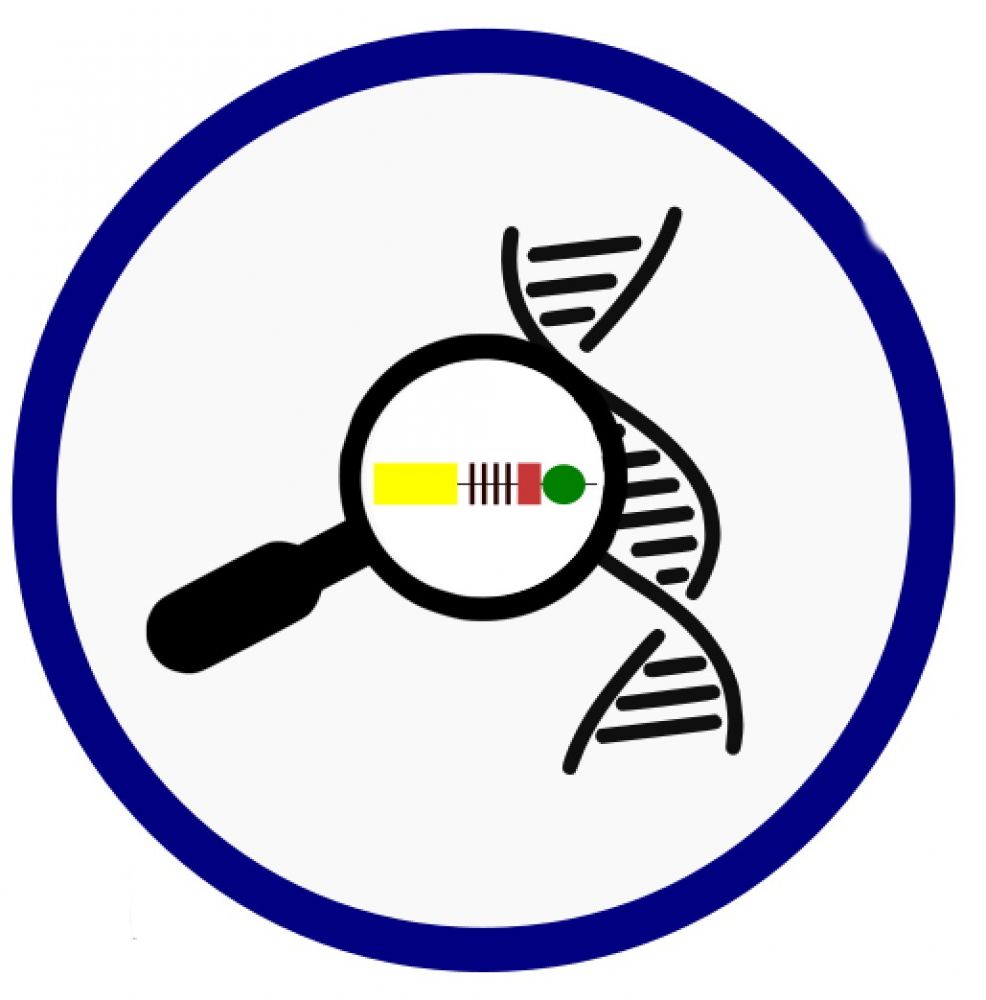 |
Identification of gene variants
|
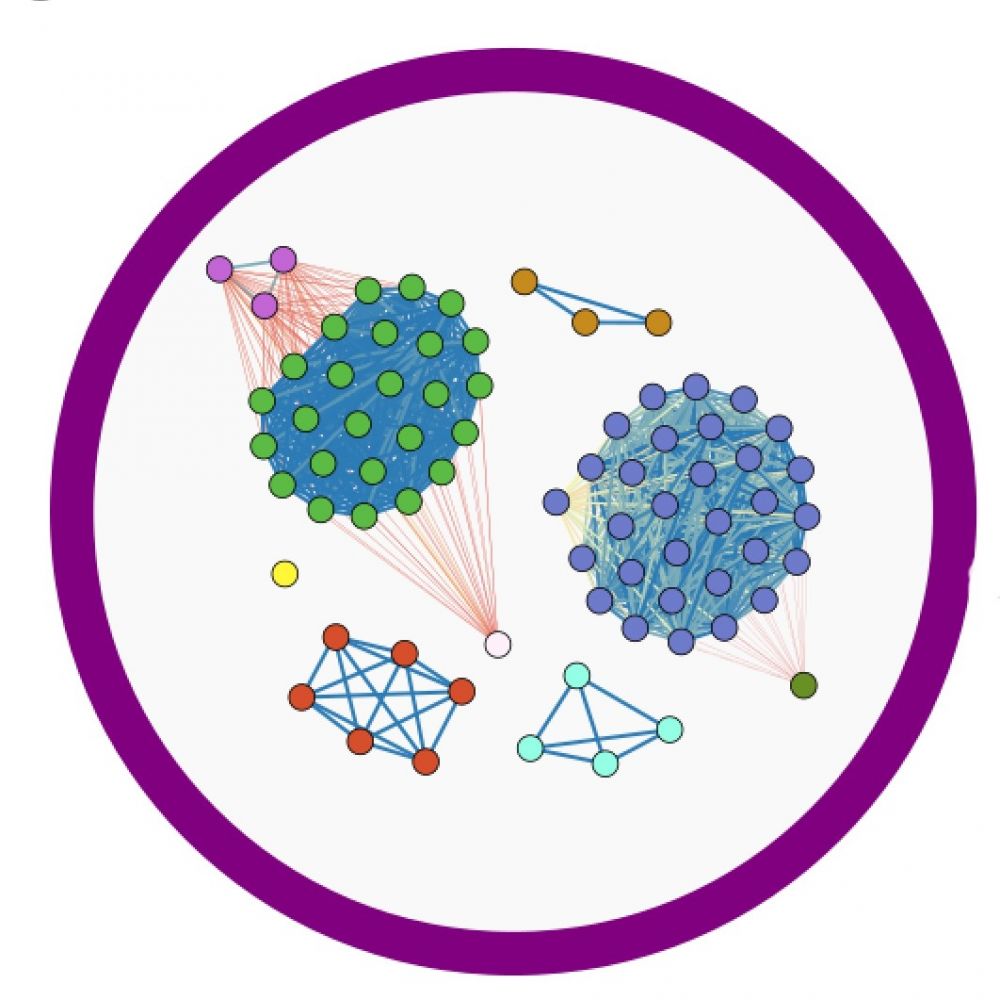 |
An increasing number of novel ARG variants require tools that help to detect all of them. Combining clustering models and multiple sequence alignments, a novel tool was designed to provide users with primer pairs that cover all possible variants of the particular ARG. The ConPrimise designs the set of primers specific to a particular gene using a consensus sequence calculated from all known variants of the particular ARG after multiple sequence alignments. From the developed set of primer pairs, with the usage of UniPriVal, we can select primers with maximal efficacy statistics to prevent skipping any variant during the PCR screening. |
REPARES interlaboratory study (ring test)
×






